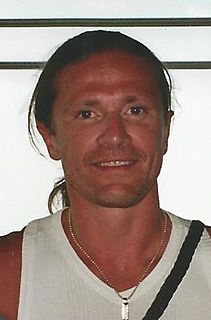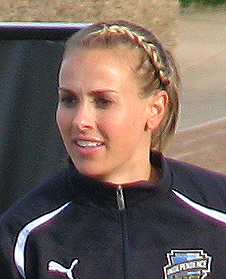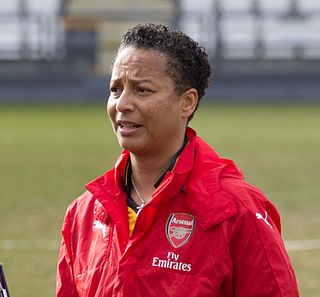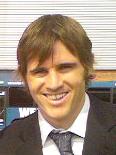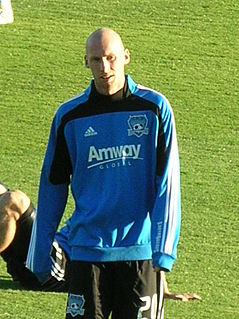A Quote by Matt Mills
Technology's allowing the phone to start to see and understand much like how the human brain does.
Quote Topics
Related Quotes
The brain is the most complicated organ in the universe. We have learned a lot about other human organs. We know how the heart pumps and how the kidney does what it does. To a certain degree, we have read the letters of the human genome. But the brain has 100 billion neurons. Each one of those has about 10,000 connections.
Because we do not understand the brain very well we are constantly tempted to use the latest technology as a model for trying to understand it. In my childhood we were always assured that the brain was a telephone switchboard...Sherrington, the great British neuroscientist, thought the brain worked like a telegraph system. Freud often compared the brain to hydraulic and electromagnetic systems. Leibniz compared it to a mill...At present, obviously, the metaphor is the digital computer.
We are not born with effective vision. The human infant has to learn how to see. The eyes gather information, they transmit it to the brain, but the brain doesn't know how to process it yet. We learn how to see in a way that's very similar to the way we learn how to speak. It takes a couple of years.
The brain is really hard to see. The whole thing is very large - the human brain is several pounds in weight - but the connections between brain cells, known as synapses, are really tiny. They're nanoscale in dimension. So if you want to see how the cells of the brain are connected in networks, you have to see those connections, those synapses.
I would argue that if you understand how the cells of the brain are organized into circuits, almost computational circuits if you will, and we see how information flows through those circuits and how it's transformed, we might have a much firmer grasp on why our brains make decisions the way that they do. If we get a handle on that, maybe we can overcome some of our limitations and at the very least we'll understand why we do what we do.
About the book of Job: If it were today, God might be asking "How does DNA carry traits? How are instincts passed on in animals? How does consciousness arise in the human body and brain, and what is consciousness? What is dark matter? How did the big bang happen? Why does the speed of light appear to be absolute? Is cold fusion possible? How do you program a TV remote control?
I mean I think that when you've got a big brain, when you find yourself planted in a world with a brain big enough to understand quite a lot of what you see around you, but not everything, you naturally fall to thinking about the deep mysteries. Where do we come from? Where does the world come from? Where does the universe come from?
There are organizations like Southern Poverty Law Center, there are some private investigators that work for the Republican Establishment, that actually use technology to hack into your phone. ... Secure your phone. Black Phone by the makers of Silent Circle is probably the most secure phone out there.
I think the definition will change as we learn more, but my working definition of solving the brain is: one, we can model, maybe in a computer, the processes that generate things like thoughts and feelings, and two, we can understand how to cure brain disorders, like Alzheimer's and epilepsy. Those are my two driving goals. One is more human-condition oriented, and one more clinical.
I always feel like I learn more from directors that are new, and I also am able to understand how much I really do know about filmmaking when you work with directors that maybe don't have as much experience, so you're able to sort of take the reins. I know how to do these movies, I've done so many of them and have learned from new directors who are usually willing to try new things and are more open to allowing someone like me to kind of come in and just do what I know how to do.




















